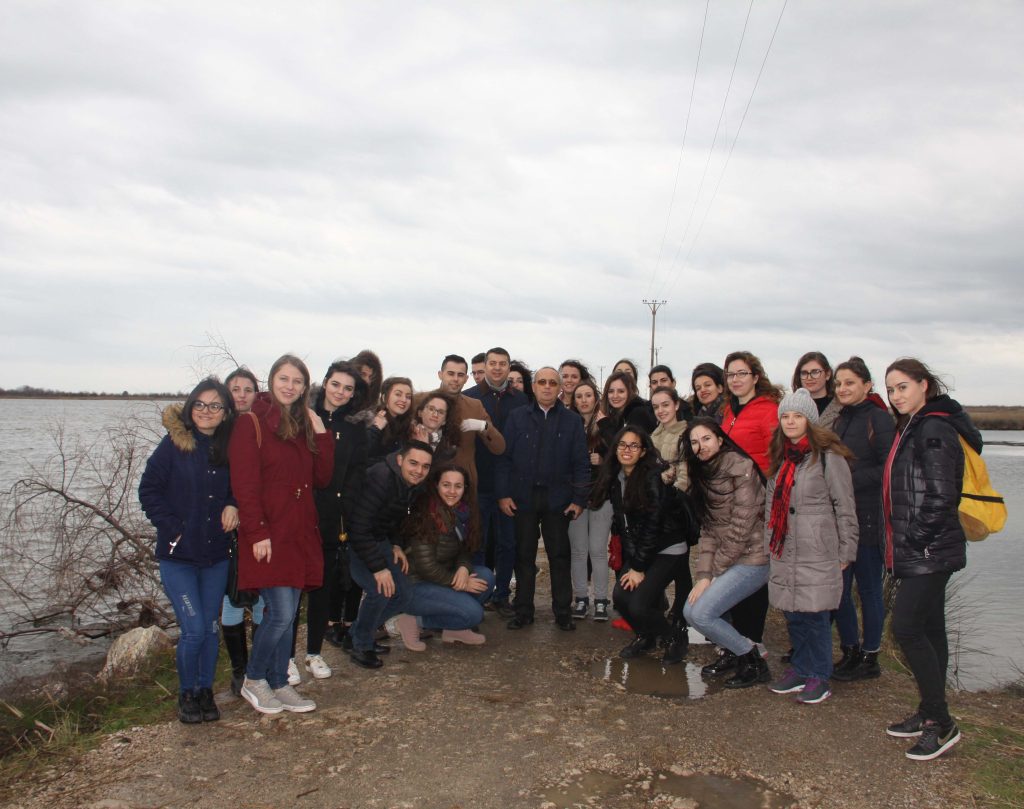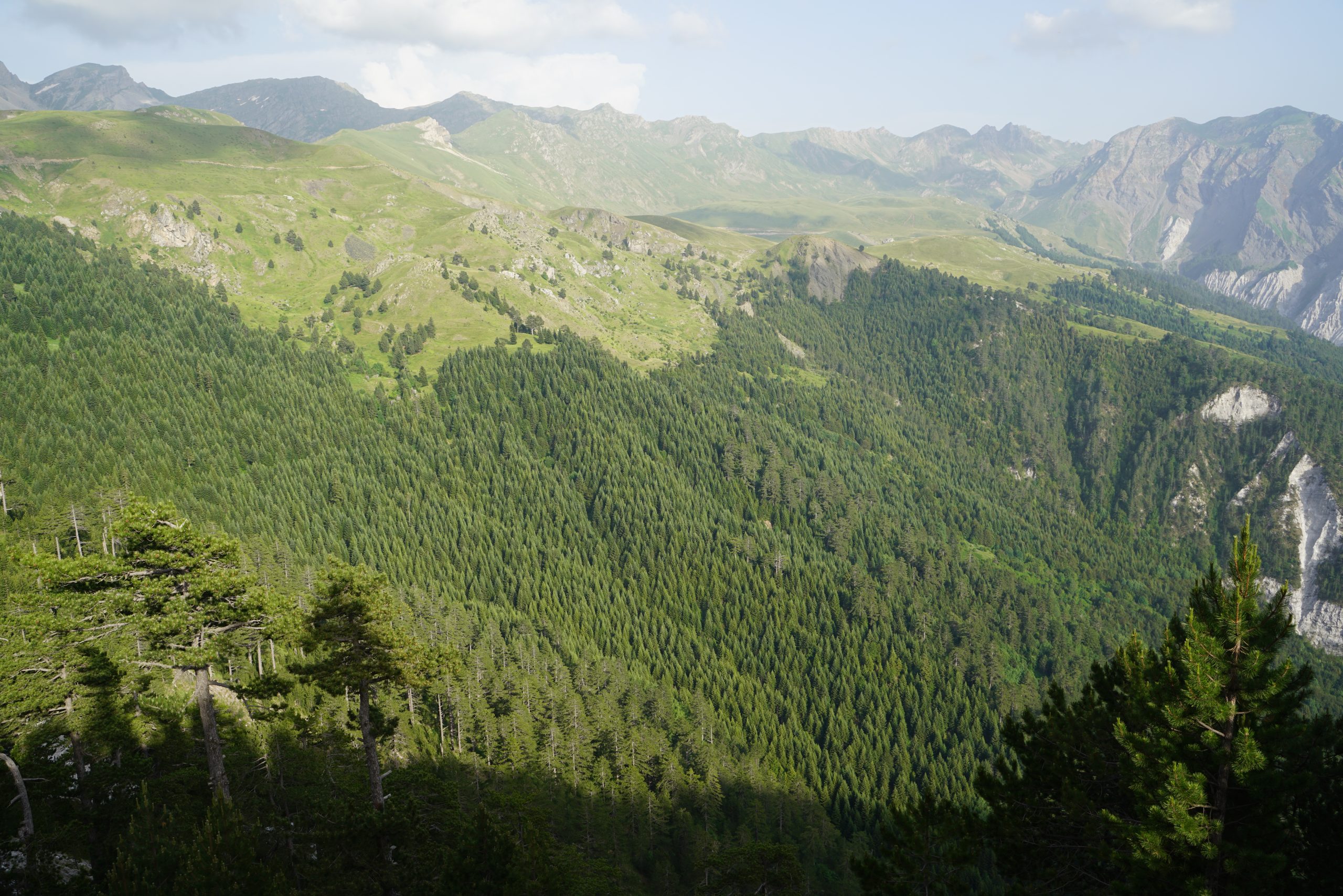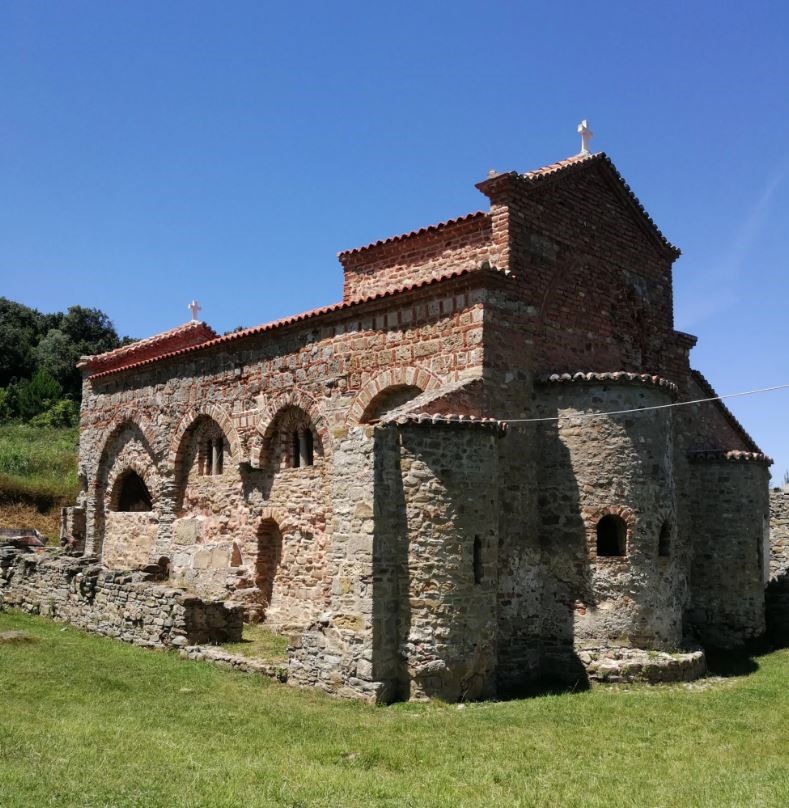Tourist Guides of Vocational High Schools Towards the Orientation as “Nature Interpreters”
It is being largely observed that when people maintain and strengthen ties with nature, they are likely to make decisions and make greener choices. Going out in the nature and enjoying its natural beauties, becomes even better with new pleasures when complemented by other experiences such as activities and involvement in concrete useful actions, linking natural facts with historical or cultural ones, etc.
In recent years, natural attractions have become more easily accessible to tourists. In families or groups, they can visit mountainous areas, massive forests, wetlands and lagoons, often receiving information on plants and animals in the area. Together with the local, often organic food, these areas remain in the long-term memories of the visitors. But is such an offer enough to visit the Albanian nature?
From the visitor’s point of view, the beautiful experience could have been even more special if it had been incorporated within the history and culture of the area, to know it in depth and become part of it even for a short time. As a result of additional positive feelings, visitors can choose to stay longer and contribute to the local economies in a variety of ways. We have had different experiences when we have visited a particular natural area, whether we have planted a tree or helped improve the quality of the environment. If we are involved in the stories, traditions and if we touch different elements of the area’s tradition, we always take gifts for our family and friends, leaving a part of us with that community. So, with the greatest will, we’ve helped the area’s economy by taking something from that part visited in a day or so.
To enable this connection, nature tour guides are not just telling the facts of the area and guiding the group from one panoramic landscape to another. They must present the beauties of nature, its monuments as pieces of history and attractive and inviting in order to want know more about them. Creating and telling historical facts and figures related to natural resources brings the novelty of interpreting nature into new dimensions. Specific natural areas of our country such as Kune-Vain, Narta and Llogora, the Alps in Theth and Valbona, Butrint and Antigonea, etc., have numerous stories that have been told over generations. The majesty of natural beauties becomes epic if you associate ancient Epos with natural monuments such as trees, springs and valleys; traditional culture with the use of natural resources, fishing, culinary, and tradition in processing agricultural and livestock products.
REC Albania’s initiative to design and pilot a Nature Interpreter Qualification module for VET students aims to build this capability into the Nature Tourism Guides, as well as enrich the curricula of these schools with information from their region. “Kolin Gjoka” High School in Lezha and Kune-Vain Lagoon will be the first laboratory for the design and piloting of this module during 2020.





